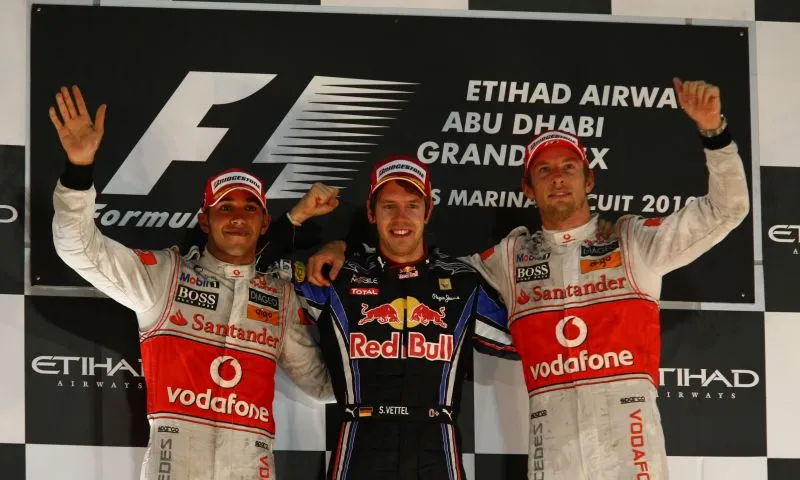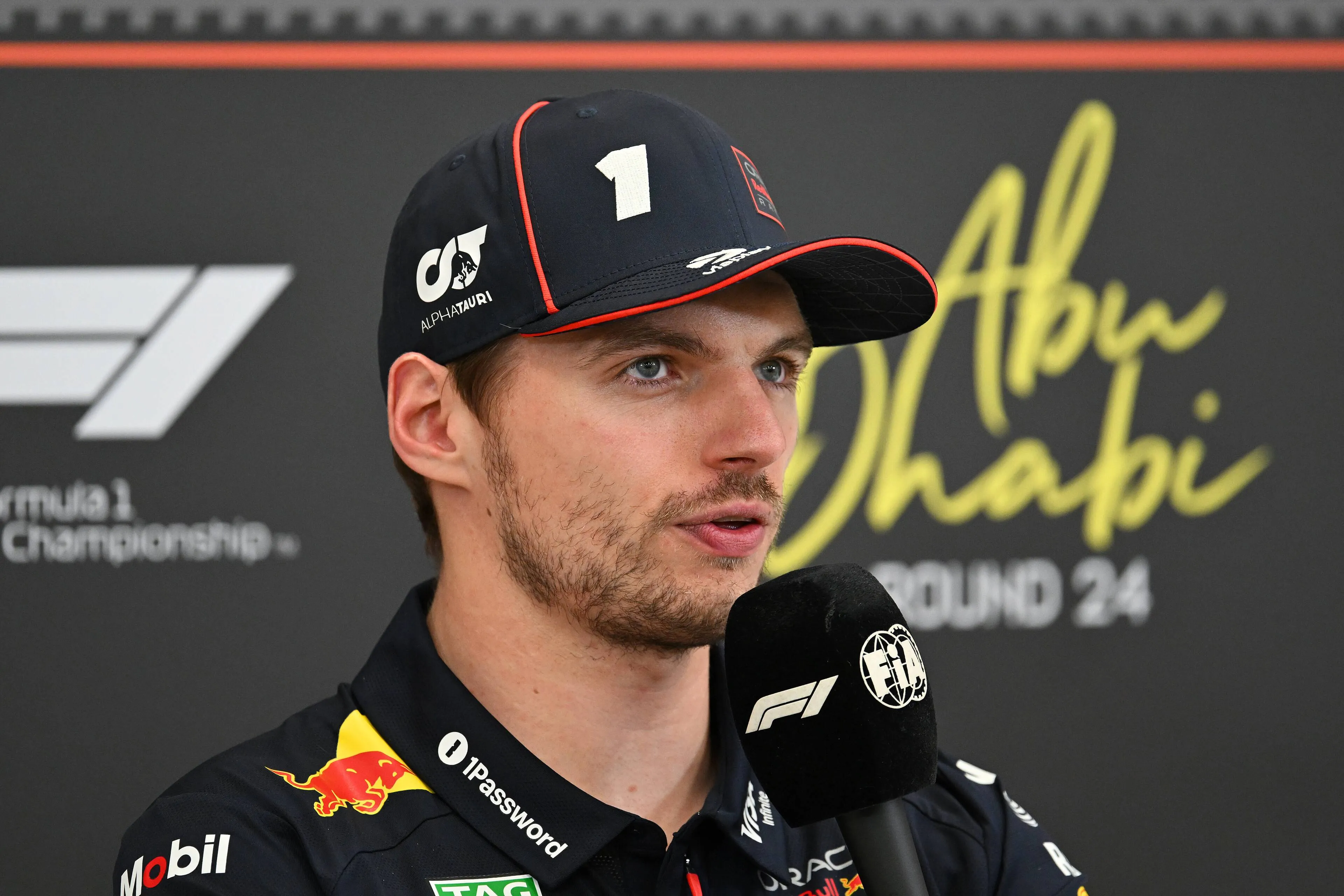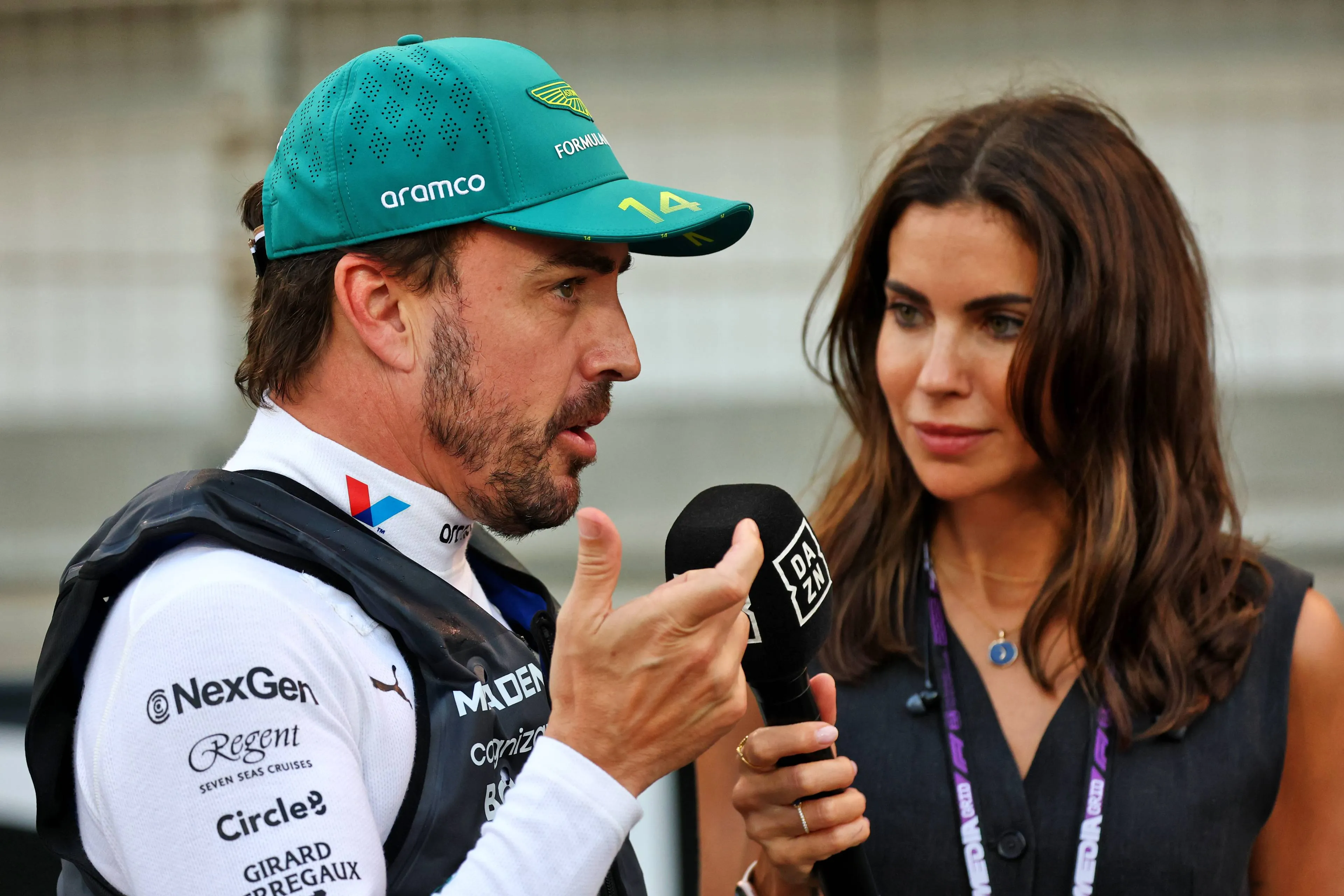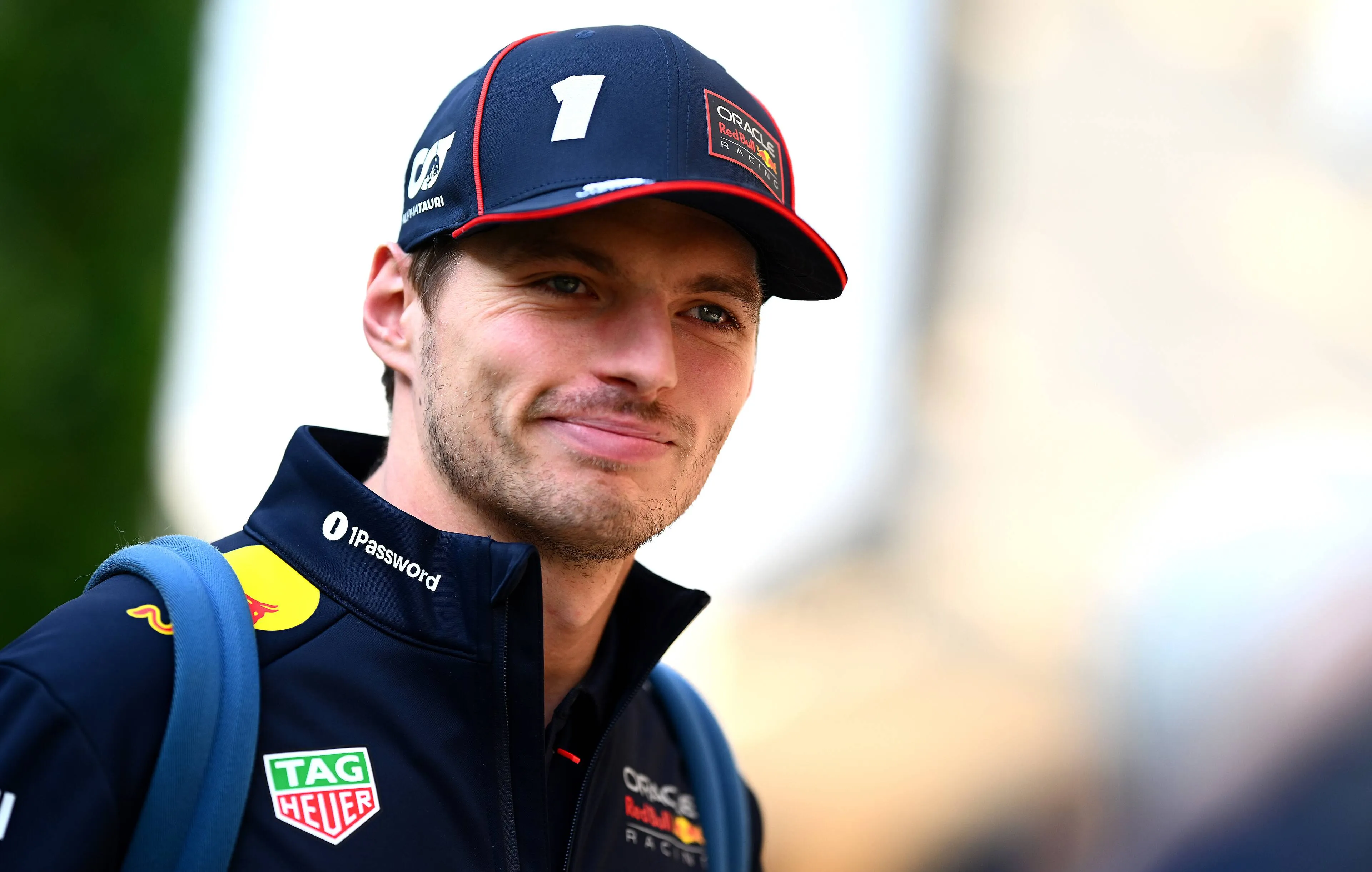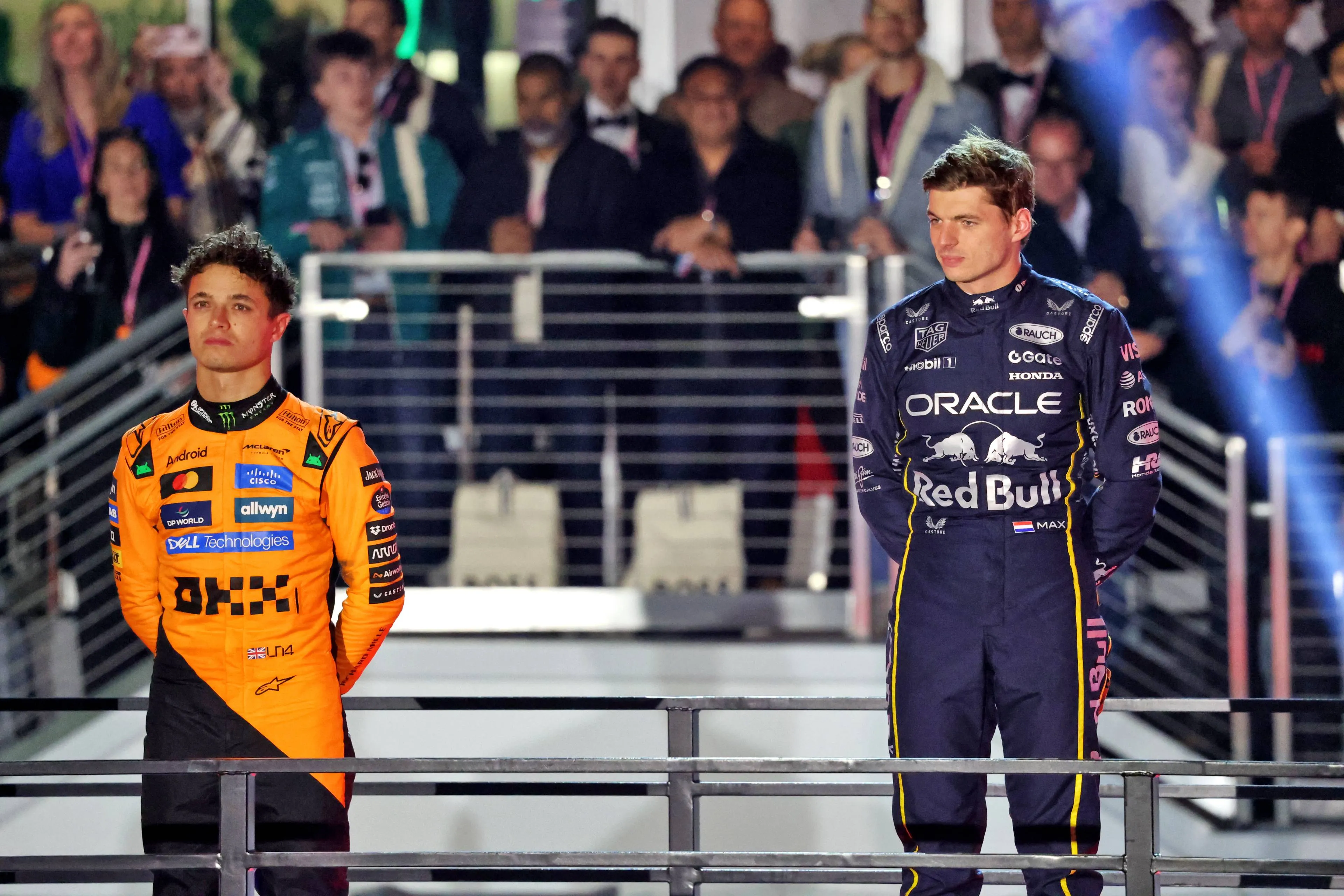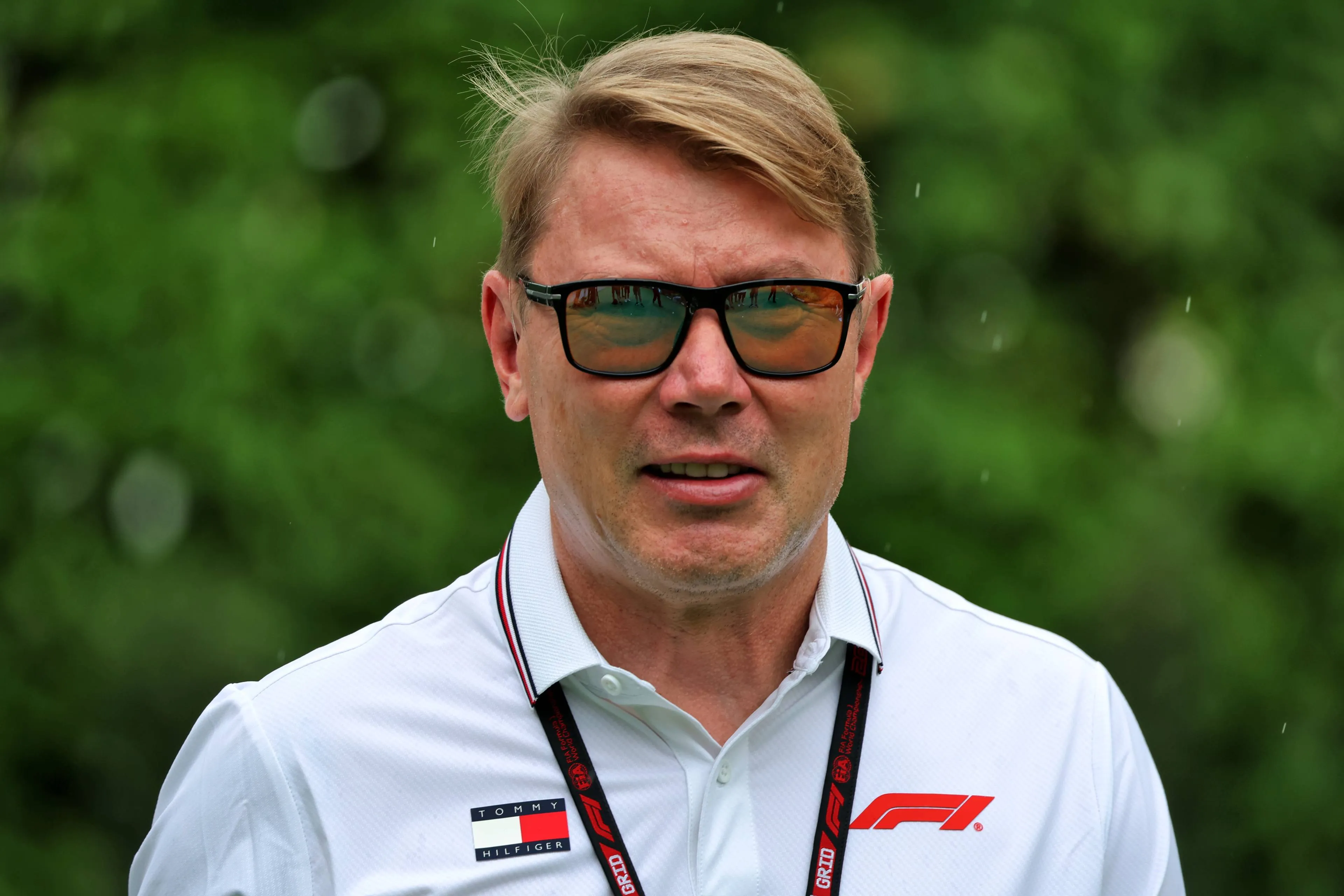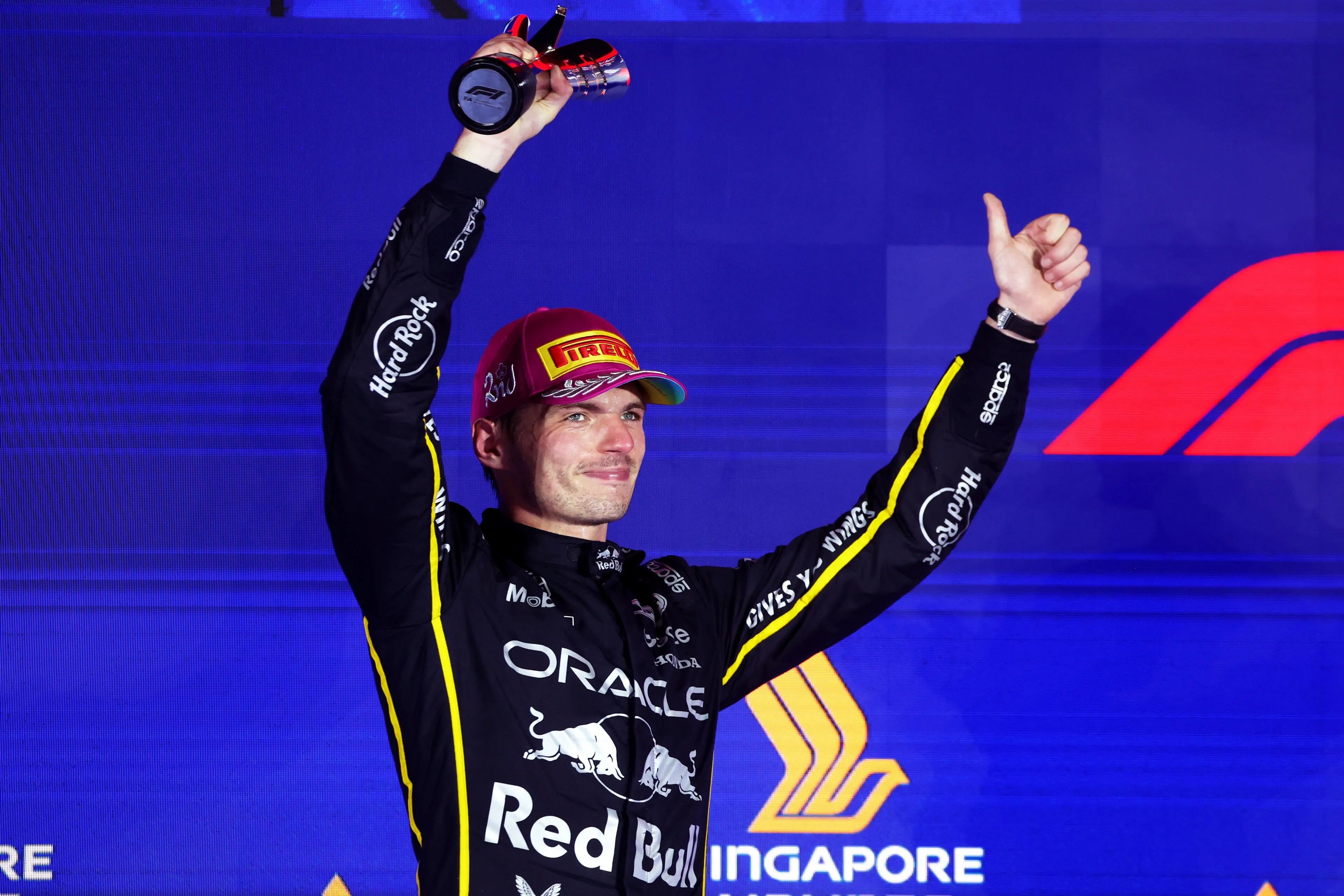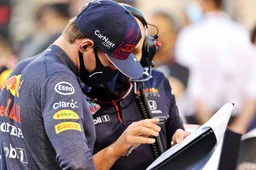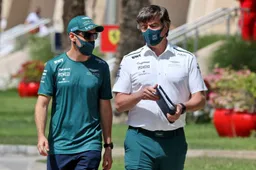Now into its 71st season, Formula One has become a sport for the ages, with its feats of engineering and talent behind the wheel captivating generations upon generations.
With 70 seasons completed, we've had plenty of championship winners, ranging from Nino Farina in the inaugural 1950 season, to Lewis Hamilton just last year, but which campaign had the best title fight? It's subjective of course, but 2010 may well be on the tip of every F1 fan's tongue if asked the question: 'Which season had the best title race in history?', and here's why.
'Predictable' is a word commonly used to describe the recent years of F1; Mercedes have won seven consecutive double world championships, and whilst Red Bull have taken a significant leap forward this year, Hamilton still won the opening race of the season.
Take a trip back to 2010, and predictable was left out of F1 vocabulary entirely.
Combining the all-time statistics of the 27 drivers who took part in the 2010 season, there are 22 drivers' championship titles, 344 race wins and 843 podiums; it was a grid full to the brim with immensely skilled drivers, almost like no other we've seen in F1 history.
The eventual top 10 in the championship consisted of: Sebastian Vettel, Fernando Alonso, Mark Webber,Hamilton, Jenson Button,Felipe Massa, Nico Rosberg,Robert Kubica, Michael Schumacher and Rubens Barrichello; all names that even the most casual F1 fan will have heard of. It was a driver line-up quite simply stacked with speed.
Whilst Max Verstappen has taken pole in the two most recent races, the theme of Hamilton qualifying on pole before driving away into the distance has been a recurring one for the past four years, but such a thing was not a common occurrence 11 years ago.
For example, in the opening round in Bahrain, Vettel qualified P1 but finished P5, with Alonso taking victory and an early lead in the championship battle.
It wasn't until the fifth race of the season that the driver who started on pole actually won the race, with Webber finally breaking the curse at the Circuit de Catalunya after he had failed to convert P1 into qualifying into a race win in Malaysia, whilst his teammate Vettel had qualified fastest in three of the first four races but hadn't won any of those races (he did win the race in which Webber started on pole).
In the 19 races during the season, the pole sitter won just eight times; by comparison, in the 2020 season, in only 17 races, 10 wins came from the pole sitter, with the opening four races all won by the driver who qualified fastest.
2010 was the first season in which refuelling was banned during a race, with each car starting the race with around 160kg of fuel, roughly double that of previous seasons. Furthermore, it was the first season in which points were awarded down to 10th place, with the 25-18-15-12-10-8-6-4-2-1 points system first introduced.
Incidentally the 2010 campaign has the closest points gap between P1 and P2 in the Drivers' Championship (four) since the points system was put into place, with 2016 the next closest, with just five points separating Rosberg and Hamilton.
Vettel eventually won the world championship on the final round of the season, despite starting in P3 ahead of the grand finale in Abu Dhabi. Alonso hero a slight advantage over Webber and Vettel, but the Spaniard finished in P7, and with Webber in eighth, Vettel was able to leapfrog both with victory.
In fact, Alonso held a 25-point advantage over Vettel with just two races to go and had a 15 point lead heading into the final race but crumbled as the German won both the Brazil and Abu Dhabi Grand Prix'sto secure the title.
Going into the Brazil GP, Vettel was even behind Hamilton in the standings, meaning he started the penultimate race in fourth place, but still managed to win the championship.
All four of Vettel, Alonso, Webber and Hamilton had a chance of winning the championship heading into the Abu Dhabi GP, and it was Vettel who pulled off the impossible; with Alonso starting P3 but falling down the order as a result of pit stops and a safety car, Vettel won his first championship title.
Now, both 2007 and 2008 certainly run 2010 a close race in terms of the best title race in history. In 2007, the rookie Hamilton led the standings going into the final race of the season, with a four point lead over teammate Alonso and a seven point gap to Kimi Raikkonen. However, he had early car trouble, dropping to 18th place and whilst he recovered to seventh, it wasn't enough to prevent Raikkonen, who won the race, from winning the world championship. The Finn finished the season on 110 points, with Hamilton and Alonso both on 109.
Just a year later, Felipe Massa thought he was world champion for 30 seconds in arguably the most dramatic final lap in F1 history. Having won the Brazilian Grand Prix, with the championship leader Hamilton needing to finish in the top five to take the title, but running in sixth place in the rain affected race, Massa thought he had taken the title. However, in the final corner in the final race of the season, Hamilton made the famous move past the Toyota of Timo Glock to finish fifth and take victory in the championship by a single point. Martin Brundle's "Is that Glock? Is that Glock going slowly?" words are now immortalised in F1 history, and the 2008 season finale brought them into existence.
2010 did not possess as dramatic a finish to the season as 2008 in particular, but with four drivers able to win the Drivers' Championship going into the final race, and Red Bull Racing winning their first ever title, it was equally, if not more, as exciting as the 2007 and 2008 campaigns.
After all, enjoyment of F1 is completely subjective, and seeing Sebastian Vettel become the youngest ever world champion, during a title battle with four other drivers, the 2010 season ticked every box a title fight needs; it was immense.
Read more about:
Popular on GPBlog

1
Max Verstappen reveals plans for the 2026 season after Mercedes switch
1605 times read
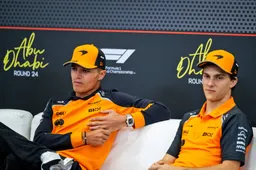
2
Piastri put on the spot by Australian TV with Lando Norris question
1296 times read
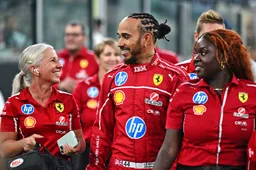
3
F1 champion declines Ferrari 2025 judgment amid ‘hate mail’ fears
1196 times read
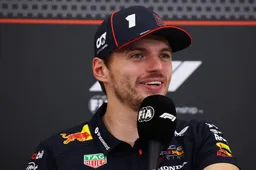
4
Verstappen stars in photoshoot as fans draw strange conclusion
765 times read
Loading
